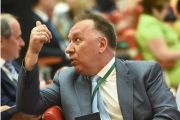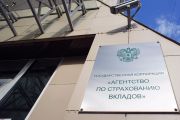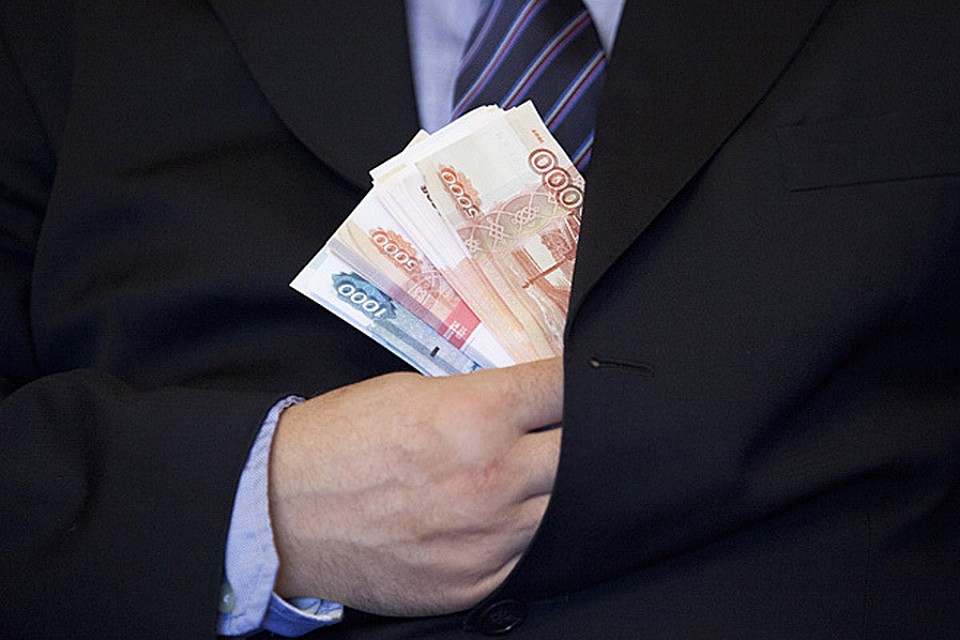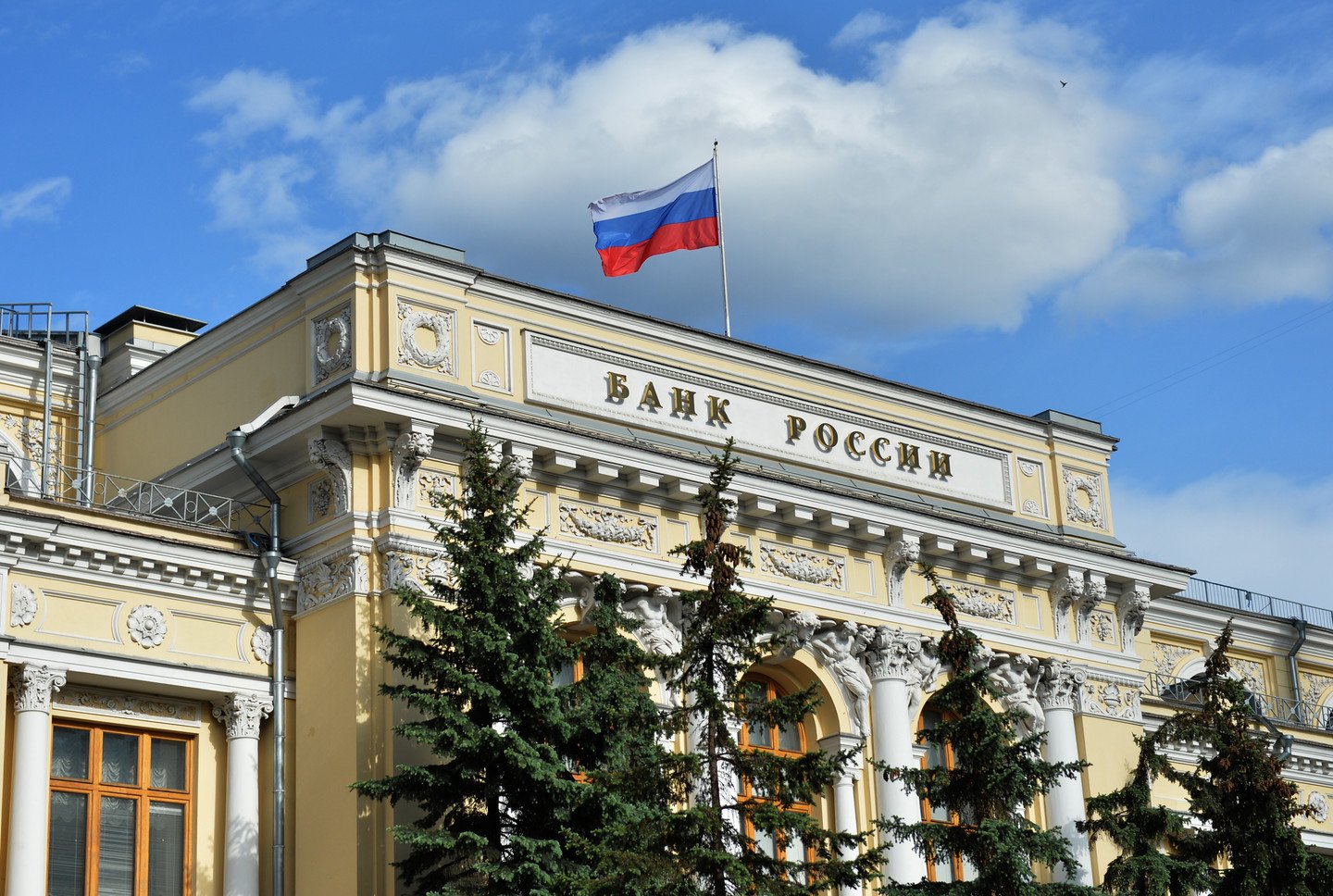REWARD FOR INFORMATION
Due to the international search of former beneficiary of International Bank of Saint-Petersburg Sergey Bazhanov, please, contact us if you have any information regarding to the location of him and his spouse Tatiana Bazhanova, as well as assets related to the bank and them. Financial reward offered for any valuable information.
The IBSP Depositors Committee
- Details
- Written by Юля
PETERSBURG, June 25. /TASS/. The provisional administration of the International Bank of St. Petersburg (IBSP), introduced after the revocation of its license by the Bank of Russia, demanded in court to recover from the members of the board of directors of the credit institution more than 84.1 million rubles, which they previously received as bonuses, follows from the ruling on the acceptance of the claim by the Arbitration Court of St. Petersburg and the Leningrad Region.
As noted in the document published on Tuesday, in the statement of claim, the administration demands to invalidate the orders of the chairman of the Board of IBSP from January to October 2018, according to which members of the board of directors of the bank Maxim Anishchenkov, Sergey and Tatyana Bazhanov, as well as Elena Skvortsova received bonuses totaling 84.1 million rubles and to recover this money from them in favor of the bank.
The ruling notes that the largest award for this period was received by the former senator and the main shareholder of IBSP Sergey Bazhanov - he was paid 36.1 million rubles. Bazhanova and Skvortsova were asked to return almost 12.2 million rubles, and Anishchenkov - 23.6 million rubles. The court accepted the statement of claim and will consider it at a meeting on July 2. "To appoint consideration of the application in the court session of the commercial court of the first instance for July 2, 2019," the court said in its ruling.
Last year, the Central Bank revoked the IBSP's license to operate, introduced a temporary administration of the bank, and then filed a lawsuit demanding that it be declared bankrupt. After that, as part of the bankruptcy case, the administration demanded to cancel the bank's transactions under loan agreements with a private company in the amount of 626.5 million rubles. In May of this year, the arbitration court of St. Petersburg refused to recognize these transactions as invalid to the provisional administration.
The Moscow Arbitration Court is also considering IBSP's counterclaims against the Bank of Russia, which demanded to cancel the regulator's decisions on the introduction of the temporary administration and revocation of the license. The next meeting on this issue will be held on July 9.
According to the Central Bank, in terms of assets as of October 1, 2018, the credit institution ranked 116th in the banking system of the Russian Federation. The total amount of insurance payments to IBSP depositors will amount to 16.5 billion rubles, a representative of the Deposit Insurance Agency (DIA) previously told TASS.
- Details
- Written by Юля
A few years ago, IBSP, the only one out of all the St. Petersburg banks, managed to take advantage of the recapitalization program of regional banks, having received federal loan bonds for 803 million rubles from the DIA in 2015. IBSP was subject to the terms of the DIA for the bank's capital requirements (at least 5 billion rubles) and at the request of the DIA, it undertook to capitalize the bank for another 50% of the loan received (by 401 million rubles) within 3 years from its own funds.
IBSP does not disclose financial statements on the issue of securities. But, as Sergey Bazhanov himself reported in January 2016, the bank's recapitalization schedule is quite comfortable for him. He bought an additional issue of shares of IBSP for 120 million rubles as part of the fulfillment of obligations to the DIA. Later it became known that the next additional issue was also bought out by Bazhanov in December 2017.
In total, the capital of IBSP has seven subordinated loans totaling 3.3 billion rubles. In addition to the subordinated loan from the DIA, the bank's capital includes loans for 2.5 billion rubles from Hervet Investments Ltd (Republic of Cyprus) maturing until 2025 and 20 million rubles from the Central Bank of MT Rubin. Such data is contained in the bank's own risk assessment materials for the first half of 2018.
- Details
- Written by Юля
The interim administration of the International Bank of St. Petersburg during the survey found that its officials carried out operations with signs of asset withdrawal by transferring the bank's claims against a number of counterparties to its shareholder who do not have the ability to fulfill its obligations. This is stated in the press service of the Bank of Russia.
Earlier, the Central Bank had already provided information about the identification in the actions of officials of the IBSP of signs of operations aimed at withdrawing the bank's assets by transferring the rights of claim to a number of counterparties to its shareholder, as well as by acquiring illiquid assets.
In addition to the previously sent information, the Bank of Russia has provided the Prosecutor General's Office and the Investigative Department of the Ministry of Internal Affairs with new information about the financial transactions of former bank officials with signs of criminal acts, according to today's release.
It also notes that, according to the preliminary assessment of the interim administration, the value of the bank's assets does not exceed 10.8 billion rubles, while the amount of liabilities to creditors is 23.9 billion rubles. In a previous report on the identification of signs of illegal operations of the top management of IBSP, the Central Bank has already cited these data, indicating an increase in the assessment of the "hole" in its capital from the initially announced 12 billion to 13.1 billion rubles.
The Central Bank recalls that the Arbitration Court of St. Petersburg and the Leningrad Region on November 12 last year filed an application for declaring the IBSP bankrupt. According to the latest data, the court hearing is scheduled for April 30, 2019.
In mid-October 2018, the Central Bank appointed a temporary administration to the IBSP due to the unstable financial situation of the bank, and also imposed a moratoriumon meeting the claims of its creditors, which instead of three months lasted only about two weeks: on October 31, the bank's license was revoked. In mid-December, it became known that the International Bank of St. Petersburg challenged in court the order of the Central Bank to revoke the license.
- Details
- Written by Spec007
MOSCOW, February 19. /TASS/. The interim administration appointed by the Central Bank to the International Bank of St. Petersburg (Bank IBSP), which had its license revoked in October 2018, revealed operations aimed at withdrawing assets from the credit institution, the regulator said in a statement.
"The interim administration for the management of the Bank IBSP credit institution during the survey of its financial condition established in the actions of the bank's officials signs of operations aimed at the withdrawal of the bank's assets by transferring the rights of claims to a number of counterparties to its shareholder, as well as the acquisition of illiquid assets," the Central Bank said.
The Central Bank sent information about financial transactions that have the characteristics of criminal acts carried out by bank officials to the Prosecutor General's Office, the Ministry of Internal Affairs of Russia and the Investigative Committee for consideration and adoption of appropriate procedural decisions.
On October 31, the Bank of Russia revoked the banking license of the International Bank of St. Petersburg (IBSP). Earlier, on October 15, 2018, the regulator assigned the DIA the functions of a temporary administration for the management of the IBSP for a period of six months due to the unstable financial situation of the bank. At the same time, a moratorium was imposed on the satisfaction of the creditors of the bank IBSP for a period of three months.
The Central Bank noted that the problems in the bank's activities arose due to the use of a risky business model, as a result of which a significant amount of problem assets was formed on its balance sheet, including derivative financial instruments and unconfirmed (pretended) claims against non-resident companies. At the request of the supervisory authority, the formation of reserves adequate to the accepted risks revealed a complete loss of the bank's own funds (capital).
Page 3 of 3











